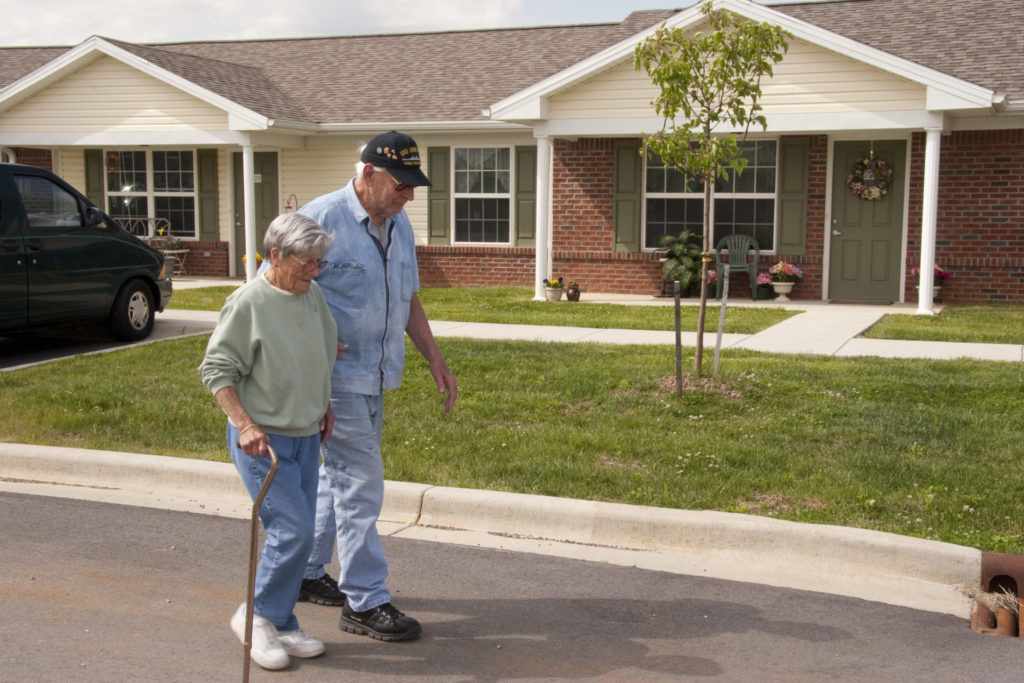
If you have a disability and are seeking to live in a public housing unit, there are several steps you can take to get the assistance you need. In this article, you will learn about the Rights of individuals with disabilities, the requirements for reasonable accommodations, and the responsibilities of disability housing providers. These guidelines will help you get the housing that you need and deserve visit this website gonest.com.au
Rights of Persons with Disabilities
If you or someone you know is renting disability housing, you have certain rights. A landlord cannot refuse to rent to a disabled person solely because of their disability, and you can file a complaint with the local housing authority or the federal government to protect your rights. Filing a complaint may not secure your child an apartment, but it can help ensure that other disabled people are not subjected to abuse by landlords.
First, landlords are not allowed to ask about the nature of the disability, which requires specialized accommodations. They may obtain this information from the tenant themselves, a medical professional, a non-medical service agency, peer support groups, or a third party. Despite these protections, a landlord may still deny a reasonable accommodation request.
In addition to reasonable accommodations, disabled renters can also request modifications to the rental unit. The landlord may agree if the modifications are made in a way that will ensure that the unit is as accessible as possible for the disabled person. However, the landlord must ensure that the modifications are not so drastic that they will put the tenant in undue hardship.
Requirements for Reasonable Accommodations
Under the Fair Housing Act, housing providers must grant reasonable accommodations to people with disabilities. To qualify for accommodations, the person must be able to show that the requested accommodations will not cause significant damage to the property. They must also consider the needs of household members and frequent visitors who may have a disability.
A disability-related reasonable accommodation request may involve modifications to the program’s policies or practices. It can also involve structural changes. For example, a housing provider may request that a hearing-impaired applicant keep a service animal in the unit. In some instances, the housing provider may charge the applicant for the cost of repairing the animal if it causes damage.
A reasonable accommodation is a change made to a program or service in order to provide equal opportunity to a person with a disability. It is required by law for housing providers to make the change, but the term “reasonable” is vague and can vary from person to person.
Responsibilities of Disability Housing Providers
A housing provider is responsible for providing reasonable accommodations to persons with disabilities. A reasonable accommodation is one that does not significantly alter the provider’s operations or place an undue administrative or financial burden on the provider. The provider should work closely with the person seeking the accommodations to determine what kind of accommodations are appropriate, as a person with a disability has the most knowledge about their particular needs.
The provider must be flexible when making decisions about the application process, including the application process. Although an applicant does not have to disclose their disabilities, they must present documentation substantiating their condition and linking their request to their disability. The provider’s role is to verify that a person’s request is reasonable, not to describe the person’s disability or its effect on their life.
For example, an applicant with a serious mobility impairment may request that his housing provider provide transportation services to and from the grocery store. However, the provider’s current policy is not suited to this request, because it would mean a fundamental change in the provider’s operations.



